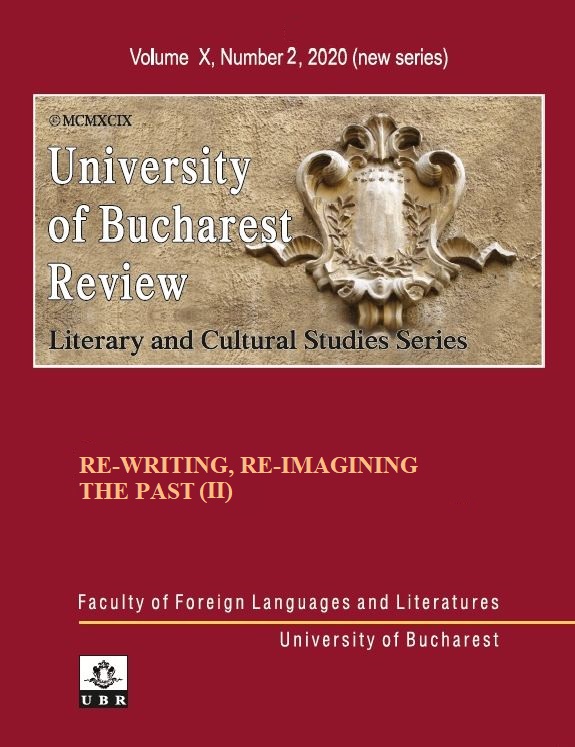D. H. Lawrence’s Etruscan Places. A Modernist Revaluation of Temporality
D. H. Lawrence’s Etruscan Places. A Modernist Revaluation of Temporality
Author(s): Camelia AnghelSubject(s): Studies of Literature, Theory of Literature, British Literature
Published by: Editura Universităţii din Bucureşti
Keywords: travel; time; myth; repetition; modernism;
Summary/Abstract: The article deals with the literary modes of constructing temporality in D. H. Lawrence’s Etruscan Places (1932), a travel book written in 1927 and published posthumously. Typically for the first decades of the twentieth century, the work reflects the writer’s anxieties about war force, scientific discoveries and cultural exhaustion in a series of interrelated essays on the remnants of ancient Etruria and the powerful memory of Etruscan civilization. In this article, Etruscan Places is read like a subjective re-creation of a lost civilization; it is interpreted as the writing of an imaginary philosophy attributed to an ancient people and modelled on Lawrence’s personal engagement with the renewal of life potentialities. Patterning his book on the past-present opposition, the author recuperates the Etruscan past within the mythical framework of modernist coherence. The repeated movements between the lost Etruscan world and the writer’s mostly disappointing contemporary age reveal the possibility of establishing continuities not only on an anthropological plane, but also on a philosophical-aesthetic one. The Etruscans’ narrative of death brings to light an art of living; the historical perspective blends with existential and artistic considerations. Lawrence’s exploratory technique is based on similitudes and antitheses, being literarily rendered by a cross-cultural discourse that combines the factual with the fictional, and the epic with the lyric. The British author’s style puts forward repetition as a modernist rhetorical achievement that indirectly questions the validity of literary tradition. Furthermore, the explicit intertextuality of the book completes the writer’s modernist perspective, authenticating the cultural substance of the temporal links that Lawrence seeks to uncover.
Journal: University of Bucharest Review. Literary and Cultural Studies Series
- Issue Year: X/2020
- Issue No: 2
- Page Range: 35-47
- Page Count: 13
- Language: English

